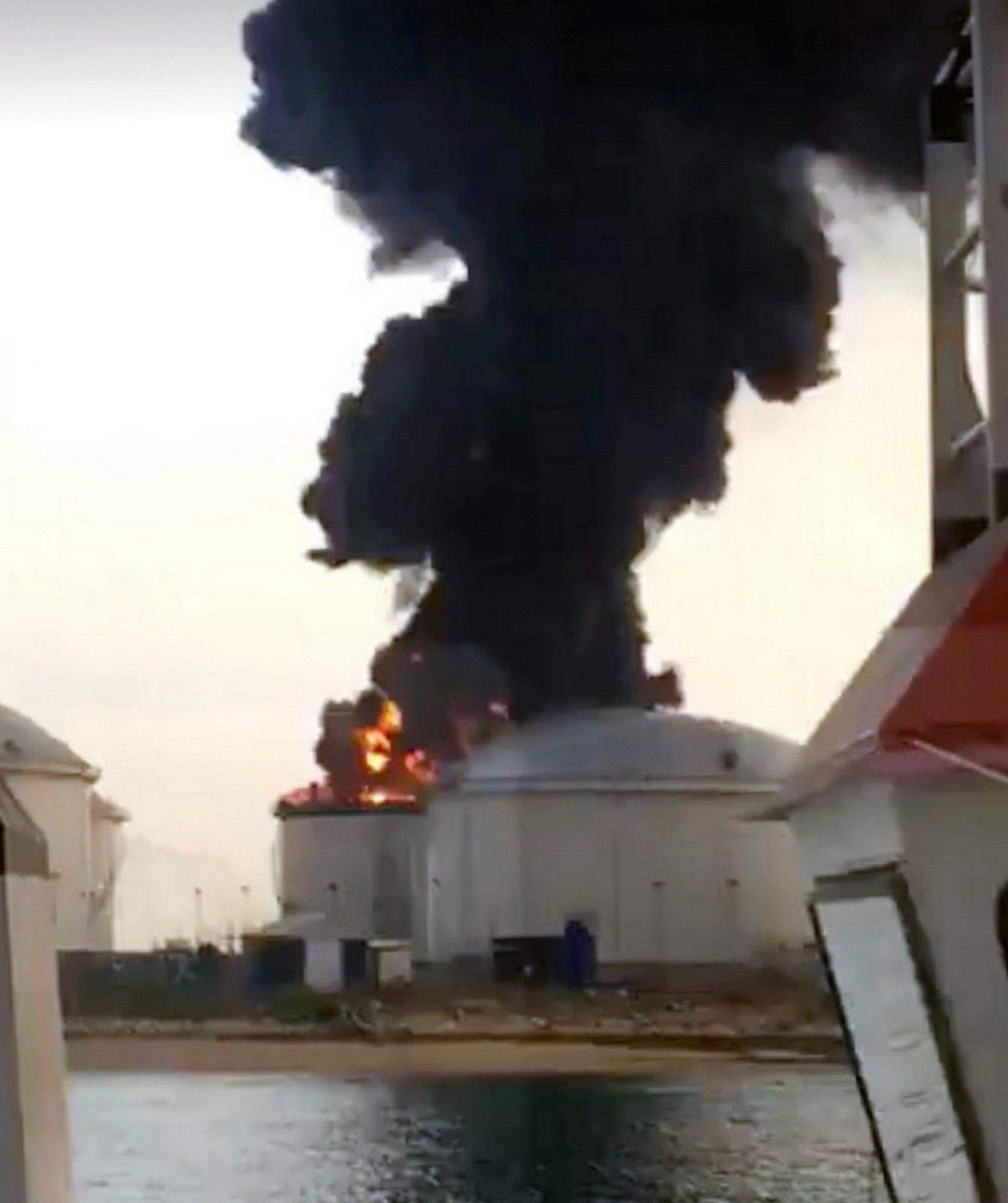In an unprecedented but well-coordinated move, twenty countries as well as NATO have sent Russian diplomats packing, expelling them in retaliation to Moscow’s nerve agent poisoning of British citizens in the UK early in March. This could be a sign that the West has had enough of Russian President Vladimir Putin’s strongman tactics.
The first to expel diplomats was of course the UK, but this move was swiftly followed by twenty countries also forcibly removing Russian diplomats on Monday, March 26. In the US, 60 Russian diplomats were forced to leave. The following day, March 27, NATO also announced the expulsion of seven Russian diplomats over the nerve agent poisoning.
The poisoning, an assassination attempt on Sergei Skripal, 66, a former Russian intelligence officer, occurred on March 4. His daughter Yulia, age 33, and a policemen who tried to help them, were also poisoned in the attack.
The attempt has caused furor within the international community, specifically in western countries that Mr. Putin has long thought to be too disunited to stand against his strongman policies and actions. But he may have underestimated the consequences of this latest attack, which most likely include ramifications for his intelligence operations.
Mr. Putin has invested much in clandestine operations overseas, including an army of spies in three branches: military intelligence (GRU), the Foreign Intelligence Service (SVR), and political policemen who have become spies, the Federal Security Service (FSB). The united campaign that kicked out 120 Russian diplomats is sure to deliver a blow to these covert operations, although they represent only a small portion of the total number of intelligence operatives.
Both intelligence-gathering as well as subversion operations are likely to get affected by the expulsions. These operations are wide ranging, and include such activities as encouraging far-right organizations in Europe and supporting the paramilitary in Bulgaria.
The united retaliation shows a marked change, geopolitically speaking, since similar incidents in the past only caused single country to strike back at Russia, as in the 2006 poisoning of defector Alexander Litvinenko in London, when the UK did not receive support from other countries. The same occurred in Estonia in 2014. While allies have been sympathetic, this is the first time a concerted effort of retribution has been launched.
However, the idea that a unified stand needed to be taken against Russia’s tactics has been taking root for some time now. With Russia’s provocative actions in the last few years, such as annexing Crimea, destabilizing Ukraine, US electoral interference, attacking civilians in Syria, perhaps the attack against the Skripals was merely the final straw.
The expulsions seem to have taken the Kremlin by surprise. Mr. Putin and his advisers may have underestimated other countries tolerance of Russia’s actions as well as the possibility of standing as a united front against it.

